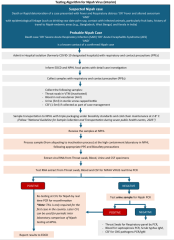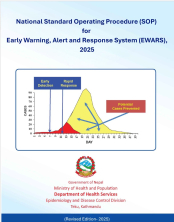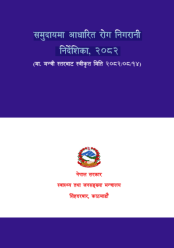Situation Update of Dengue 11 Oct 2022
Situation Update of Dengue 10 Oct 2022
Situation Update of Dengue 9 Oct 2022
Situation Update of Dengue 7 Oct 2022
Situation Update of Dengue 6 Oct 2022
Situation Update of Dengue 3 Oct 2022
Situation Update of Dengue 30 Sep 2022
Situation Update of Dengue 28 Sep 2022
Situation Update of Dengue 27 Sep 2022
Situation Update of Dengue 25 Sep 2022
Situation Update of Dengue 24 Sep 2022
Situation Update of Dengue 23 Sep 2022
Situation Update of Dengue 22 Sep 2022
Situation Update of Dengue 21 Sep 2022
Situation Update of Dengue 20 Sep 2022
Situation Update of Dengue 19 Sep 2022
Situation Update of Dengue 18 Sep 2022
Situation Update of Dengue 16 Sep 2022
Situation Update of Dengue 15 Sep 2022
Situation Update of Dengue 14 Sep 2022
Situation Update of Dengue 13 Sep 2022
Situation Update of Dengue 12 Sep 2022
Situation Update of Dengue 9 Sep 2022
Situation Update of Dengue 7 Sep 2022
Situation Update of Dengue 6 Sep 2022
Situation Update of Dengue 4 Sep 2022

Jan 28
This is an Interim guideline for sample collection and testing Algorithm for Nipah Virus detection in Nepal.
Read More
Dec 30
Preamble Pursuant to Section 49 of the Public Health Service Act, 2075 (2018), in cases where listed infectious diseases or unforeseen public health events occur, information shall be communicated to the concerned authority within the prescribed time frame. This obligation is to ensure the collection, reporting, analysis, communication, and response relating to infectious diseases and public health events, as well as to conduct continuous disease surveillance in accordance with the International Health Regulations, 2005 (IHR 2005), under which certain diseases must be reported immediately at the international level. Accordingly, in exercise of the authority conferred by Section 64 of the Act, the Ministry of Health and Population, Department of Health Services hereby updated the EWARS Standard Operating Procedure 2025.
Read More
Dec 29
प्रस्तावना: जनस्वास्थ्य सेवा ऐन २०७५ को दफा ४९ ले व्यवस्था गरे बमोजिम सूचीकृत गरिएका सङ्‍क्रामक रोग र जनस्वास्थ्य सम्बन्धी अनपेशित घटना देखिएमा सो को जानकारी सम्बन्धित निकायमा तोकिएको समयावधिभर सूचना सम्प्रेषण गरी सङ्‍क्रामक रोग तथा जनस्वास्थ्य घटनाको सूचना सङ्‍कलन, प्रतिवेदन, विश्लेषण, सञ्चार र प्रतिकार्य गर्न तथा अन्त्तराष्ट्रिय स्वास्थ्य नियमावली २००५ (International Health Regulations 2005) अनुरुप निरन्त्तर रुपमा रोग निगरानी गरी केही रोगहरुलाई तत्कालै अन्त्तराष्ट्रिय तहमा प्रतिवेदन गर्नुपर्ने दायित्व रहेकोले, ऐनको दफा ६४ ले दिएको अधिकार प्रयोग गरी स्वास्थ्य तथा जनसङ्‍ख्या मन्त्रालयले यो निर्देशिका जारी गरेको छ।
Read More